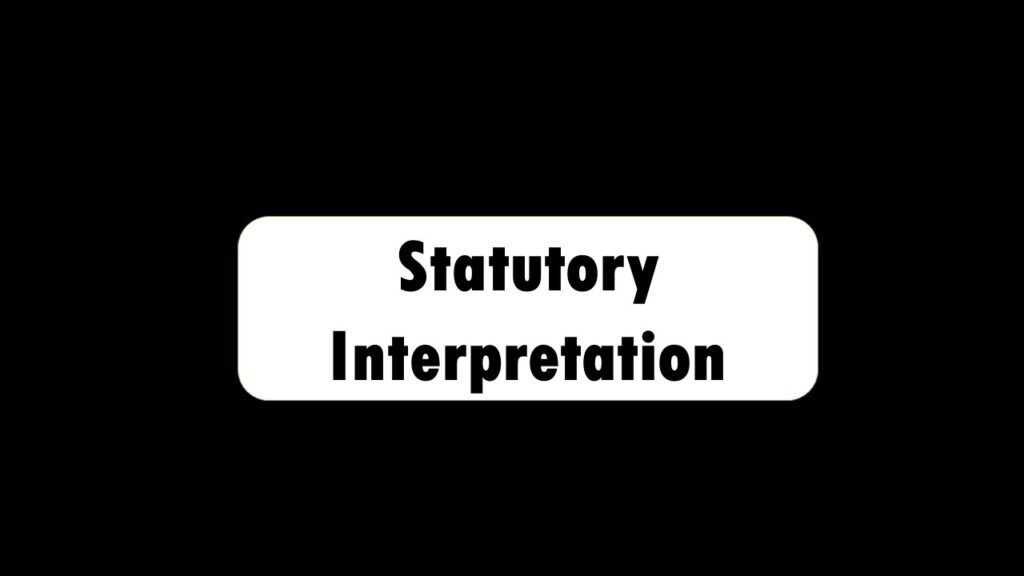Goan Real Estate and Construction Limited & another vs. Union of India & others [(2010) 5 SCC 388]: Supreme Court of India
Determination of whether a judgement will have prospective or retrospective effect
34. It is pertinent to note that while interpreting the judgment, public interest should be taken into consideration. In Managing Director, ECIL, Hyderabad & Ors. Vs. B. Karunakar & Ors. (1993) 4 SCC 727, this Court considered the factors which are to be taken into consideration while giving prospective operation to a judgment. When judicial discretion has been exercised to establish a new norm, the question emerges whether it would be applied retrospectively to the past transactions or prospectively to the transactions in future only. This process is limited not only to common law traditions, but exists in all jurisdictions. It is, therefore, for the Court to decide, on a balance of all relevant considerations, whether a decision which unsettles the previous position of law should be applied retrospectively or not. The Court would look into the justifiable reliance on the previous position by the Administration; ability to effectuate the new rule adopted in the overruling case without doing injustice, whether its operation is likely to burden the administration of justice substantially or would retard the purpose. All these factors are to be taken into account while determining whether a judgment is prospective or otherwise. The Court would adopt either the retroactive or non-retroactive effect of a decision after evaluating the merits and demerits of a particular case by looking to the prior history of the rule in question, its purpose and effect and whether retroactive operation will accelerate or retard the object of the judgment. The purpose of the old rule, the mischief sought to be prevented by the judgment and the public interest are equally germane and should be taken into account in deciding whether the judgment has prospective or retrospective operation. It is well known that the courts do make the law to prevent administrative chaos and to meet ends of justice. Taking into consideration all these factors, this Court refuses to interpret the 1996 judgment in a manner which would give it a retrospective effect. It is clear from the tenor of judgment and from other background circumstances, more importantly in view of decisions of NCZMA which is a statutory body that Three Judge Bench decision in 1996 case intended to give it prospective effect.

Thank you very much for the post, I actually learned a lot from it. Incredibly quality content on this site. Always looking forward to new article.
Its like you read my mind! You seem to know so much about this,
like you wrote the book in it or something. I think that you
could do with a few pics to drive the message home
a little bit, but other than that, this is great blog.
A great read. I will definitely be back.